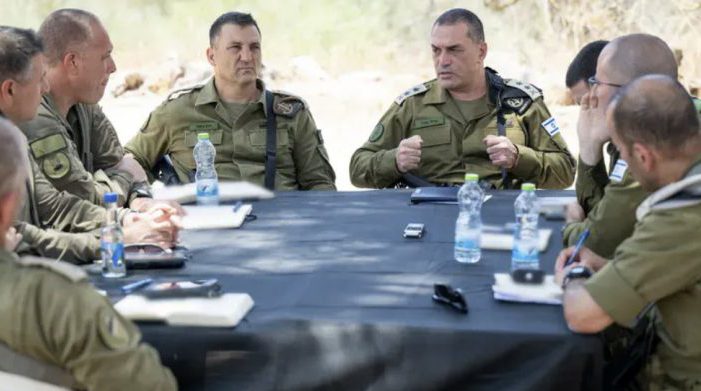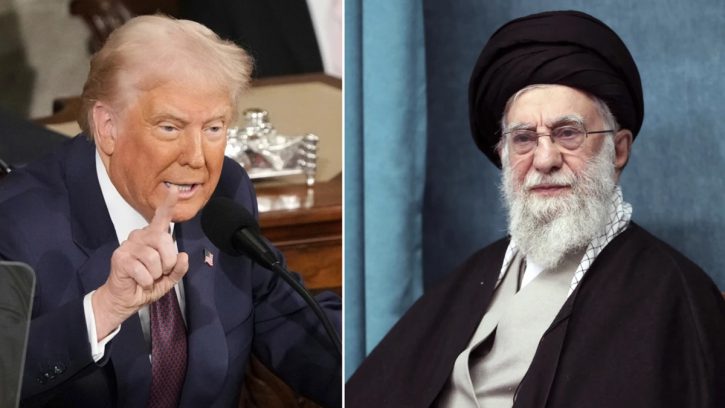Israeli Official Warns Iran’s Enriched Uranium May Be Recoverable Despite US Strikes
A senior Israeli official has voiced fresh concerns about Iran’s nuclear capabilities, warning that deeply buried stockpiles of enriched uranium at a key facility may still be retrievable, despite targeted US airstrikes last month, according to The Associated Press.
This assessment expands the understanding of the strikes’ impact, which were carried out by the United States in coordination with Israel as part of an effort to disrupt Tehran’s suspected nuclear weapons development program.
The Israeli official, speaking on condition of anonymity, stated that Israel believes Iran’s enriched uranium was dispersed across three nuclear sites and likely not removed before the strikes. While acknowledging the difficulty of recovery, the official emphasized that uranium stored at the Isfahan facility may still be accessible, albeit through a “very difficult recovery effort.”
Meanwhile, officials from the US Defense Threat Reduction Agency — which oversees the design of the GBU-57 Massive Ordnance Penetrator bombs used against Fordow and Natanz — said they are still awaiting technical data to assess whether the munitions achieved their intended penetration depths.
In the immediate aftermath of the strikes, former President Donald Trump declared that Iran’s core nuclear infrastructure had been “obliterated.” The Pentagon supported this assessment, estimating that Iran’s nuclear program had been set back by at least two years.
Earlier this week, France’s foreign intelligence chief, Nicolas Lerner, added further weight to those claims, stating that Iran’s nuclear progress has been “very, very delayed” due to the combined American and Israeli attacks. However, Lerner also urged continued vigilance, warning that the location and status of Iran’s 450 kilograms of highly enriched uranium remain unclear.
“There’s consensus that some of the material may have been destroyed,” Lerner noted, “but the bulk remains under the regime’s control — and that leaves room for concern over a potential clandestine nuclear effort.”
In response to these concerns, Iranian President Masoud Pezeshkian acknowledged the extensive damage caused by the airstrikes, claiming that many of the nation’s nuclear facilities and sensitive equipment were rendered inaccessible. He expressed Iran’s willingness to cooperate once again with the UN’s nuclear watchdog but stopped short of promising full transparency.
“We are prepared to allow such supervision,” Pezeshkian said. “But due to the United States’ unlawful attacks on our nuclear sites, we are currently unable to assess the full extent of the damage or provide inspectors with unrestricted access.”
As tensions continue to simmer, international observers are calling for renewed diplomatic efforts, even as intelligence assessments remain mixed about the longer-term risks posed by Iran’s remaining nuclear assets.





